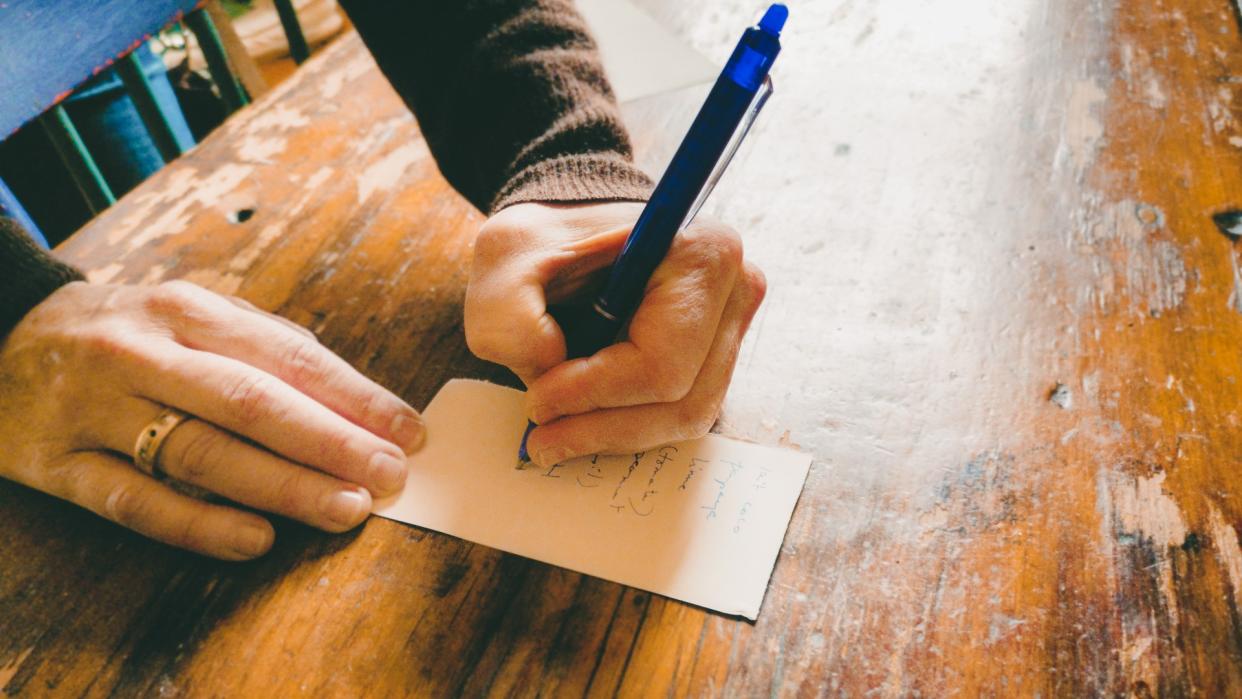5 Small Changes You Can Make Right Now To Get Into a Good Financial Rhythm

Admittedly, your current money habits aren’t the best. Right now, you’re stuck in a pattern of spending too much and saving too little. You know it’s important to improve your financial health, but actually taking steps to do so feels pretty daunting.
COVID’s Financial Impact After 1 Year: See All Our Coverage
Don’t worry — you’re not alone with this sentiment. Getting started with financial goals is often the hardest part, because if you set your targets too high, it can be hard to see the finish line. When this happens, you might be inclined to give up if you feel like you won’t succeed anyway.
Therefore, starting small is the key to success, because developing new money habits — that actually stick — takes time. Instead of trying to become an overnight sensation, it’s much wiser to take the realistic route of making little changes that add up to something big.
Ready to start tackling your financial goals? Keep reading for tips that require minimal effort but produce lasting results.
Last updated: Apr. 13, 2021

Track Your Spending
It’s hard to create healthy financial habits if you don’t actually know where your money is going. Take the first step toward improving your finances by tracking your spending habits.
There’s no shortage of budgeting apps, like Mint and PocketGuard, that can make this process beyond easy. After getting set up, you won’t actually need to do anything, besides monitoring your accounts to learn more about your spending habits.
This will likely offer a wake-up call that inspires you to cut back in areas you didn’t realize you were overspending — but one step at a time.
See: 22% of Americans Who Lost Their Jobs During the Pandemic Remain Unemployed, Survey Reveals

Make One Small Sacrifice Each Day
Chances are, you’re probably burning through more cash than necessary each day. However, going on a spending freeze won’t actually help you develop better financial habits.
Instead, challenge yourself to make one savvy money move each day. This doesn’t have to be something massive. For example, opting to watch a movie on a streaming service you already pay for instead of renting one absolutely counts.
This will help you move forward with better financial habits without feeling like you’re depriving yourself. At the end of each day, you can be proud of the sacrifice you made, and when you see how much you’re saving, you’ll likely be inspired to do more of it.
Find Out: 16 Effective Ways To Trick Yourself Into Saving Money

Stop Grocery Shopping Without a List
If you’re not a fan of list-making, you likely hit up the supermarket without a real plan in place as to what you’re going to buy. This might seem easier, but impulse shopping adds up fast. Simply throwing items that look good into your cart is a recipe for a giant grocery bill.
Making a list before shopping helps you stick to a budget. It also gives you the opportunity to look for coupons and sales that can help you save even more.
More: 40 Supermarket Buys That Are a Waste of Money

Set a Daily Savings Goal
Whether it’s for an emergency fund, post-COVID-19 vacation or a down payment on a new home, you’ve probably set the bar high for the amount of money you want to save this year. In theory, this is great, but when just starting out, reaching that goal can feel impossible.
Build a habit of putting money aside by saving a small amount each day — even as little as $1. This will help you get used to saving money, and when you see it adding up, you’ll be inspired to start saving much more.
Read: 25 Ways To Save 20% More of Your Paycheck Without Even Trying

Establish a Waiting Period for Online Purchases
Due to the COVID-19 pandemic, you’re probably doing a lot more online shopping these days. This is great when you truly need to buy something, but it also opens the door to more impulse shopping.
If you know this has become a problem, vow to keep items in your online cart for at least 24 hours before making a purchase. This will give you time to think about whether you actually need — or even really want — the items. Chances are, you won’t end up buying many of them, and the savings will add up fast.
More From GOBankingRates
This article originally appeared on GOBankingRates.com: 5 Small Changes You Can Make Right Now To Get Into a Good Financial Rhythm
